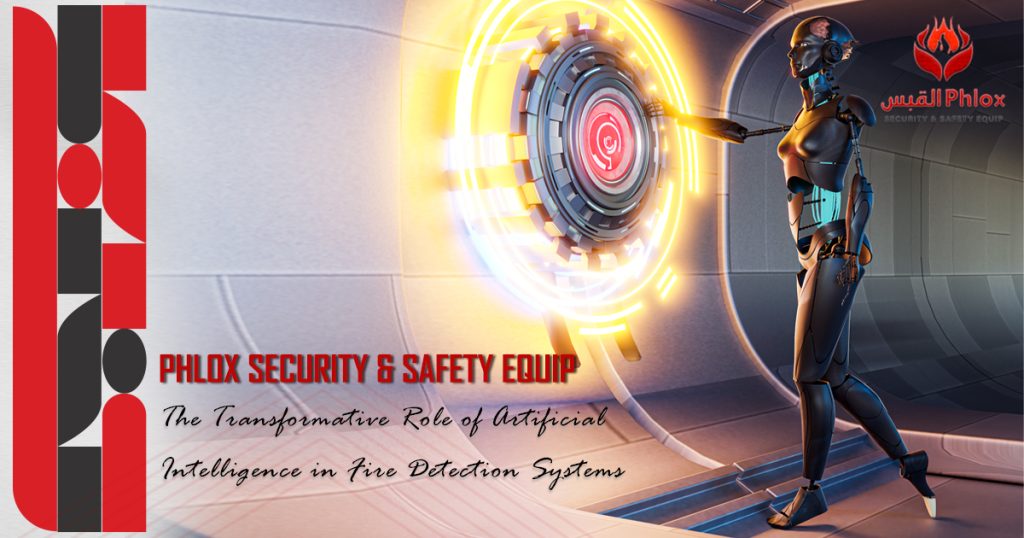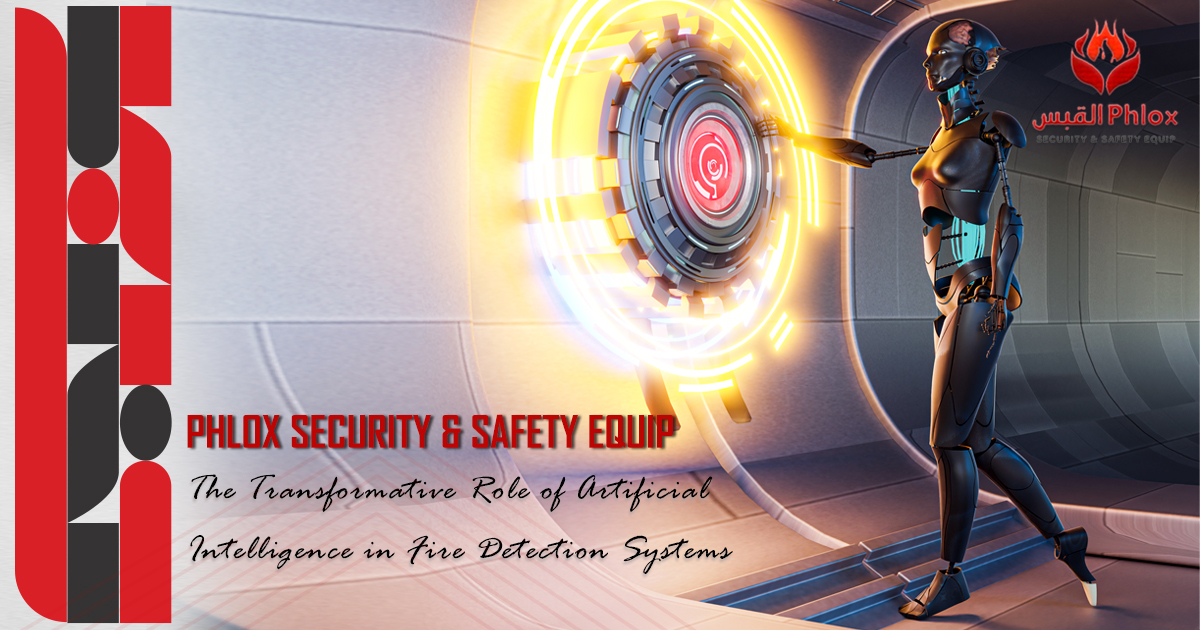
The Transformative Role of Artificial Intelligence in Fire Detection Systems
Artificial intelligence (AI) has revolutionized numerous industries, and fire detection systems are no exception. By using advanced algorithms and machine learning techniques, AI-powered detection systems offer enhanced capabilities that significantly improve early detection, reduce false alarms, and enhance overall fire safety. In this blog, we’ll explore the important role of artificial intelligence in revolutionizing fire_detection systems.
Traditional fire detection systems rely on predetermined rules and thresholds to identify signs of fire, such as smoke or heat. While effective, these systems may be prone to false alarms and limitations in detecting subtle or rapidly evolving fire hazards. AI-driven fire detection systems, on the other hand, possess the ability to analyze vast amounts of data in real-time. Which allows them to discern patterns indicative of fire with unprecedented accuracy.
Advantages of AI Fire Detection Systems:
One of the key advantages of AI in fire detection is its ability to continuously learn and adapt based on evolving conditions and new data. Machine learning algorithms can be trained on diverse datasets containing various types of fire-related phenomena, enabling the system to recognize and differentiate between genuine fire threats and false alarms caused by environmental factors. As a result, AI-powered detection systems demonstrate higher reliability and reduced false alarm rates. However, this minimizes disruptions and ensuring prompt responses to genuine emergencies.
Moreover, AI enables fire_detection systems to incorporate multiple data sources and sensor inputs. Which enhances their ability to detect fires in diverse environments and conditions. By integrating data from smoke detectors, heat sensors, video surveillance cameras, and environmental monitoring devices; AI-driven systems provide comprehensive coverage and early detection capabilities across a wide range of settings, from residential buildings to industrial facilities.
Furthermore, AI facilitates predictive analytics capabilities in detection systems. However, this enables them to anticipate potential fire hazards based on historical data and trends. Moreover, AI-powered systems empower building owners and managers to implement proactive measures to mitigate the likelihood of fires before they occur.
Lastly, artificial intelligence represents a transformative force in fire_detection systems, offering unparalleled capabilities in early detection, reduced false alarms, and predictive analytics. By harnessing the power of AI, detection systems can enhance safety, protect lives and property, and usher in a new era of proactive fire prevention.





